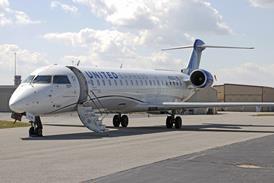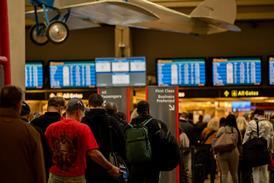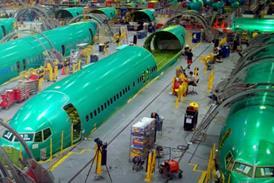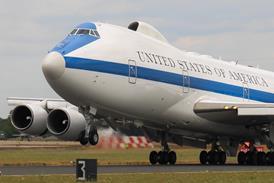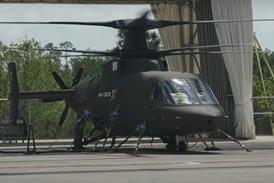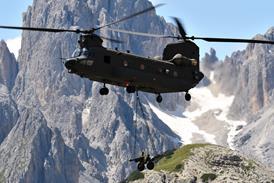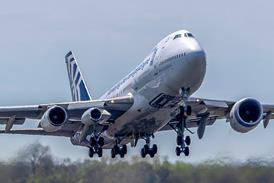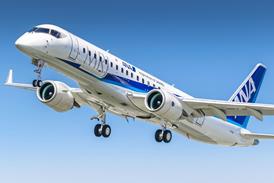Divorce and subsequent remarriage to the same person is not unheard of – think Elizabeth Taylor and Richard Burton – but the long-term outcome is not always lasting happiness.
With that in mind, it is hard to know what to make of Boeing’s pursuit of loss-making and embattled aerostructures supplier Spirit AeroSystems – a business it originally divested in 2005.
But this appears to be a marriage proposal driven by necessity, not rekindled passion.
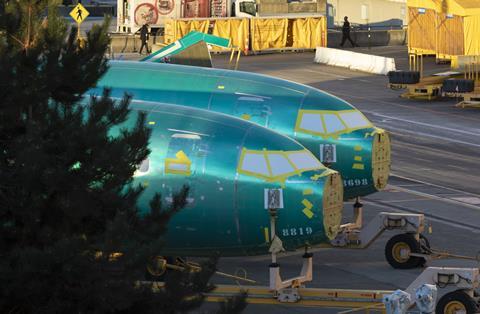
Boeing will argue that the move is justified, that too many of its recent problems have stemmed from under-performance by one of its largest suppliers.
By bringing Spirit back into the fold, the airframer can train significant institutional firepower – engineering, production, financial – on its problems to make them all go away.
Quality oversight is improved, less costly rework needs to be performed, and Boeing also shores up a vital piece of its supply chain.
While Spirit cannot be fixed overnight, Boeing’s bet is that it will still be a sight quicker than letting its supplier work through the issues alone.
Should Boeing proceed, it could even point across the Atlantic for reassurance that such a strategy makes sense.
There, Airbus has successfully revamped and reintegrated its in-house aerostructures suppliers in France and Germany and seems – at this stage, anyway – to be better managing the demands of a steep production ramp-up.
What will Spirit cost? In purely financial terms, it is hard to know. The firm’s market capitalisation sits at around $3.5 billion, but that includes a substantial chunk of work for Airbus – A220 wings and A350 fuselage sections – that will almost certainly need to be divested.
For the sake of argument, let us say it will cost Boeing somewhere in the region of $2.5 billion – relatively small change for a company that brought in revenue north of $70 billion last year. That it made a net loss of $2.2 billion in the process was in no small measure due to the disruptions caused by Spirit’s quality lapses, of course.
Therefore, the airframer will argue, the cost of doing nothing is significantly higher. (The fact that such a deal might also disrupt its rival’s operation would merely be an incidental bonus).
But there are other costs that Boeing will be considering. For instance, does it have the management bandwidth to successfully re-integrate Spirit’s operation? On a similar note, while its engineers try to fix its own problems, does it have sufficient strength in depth to take on Spirit’s as well?
For Boeing there are no easy answers. It cannot stick with the status quo for fear of seeing disruption to its production system continuing indefinitely. Equally, finding another supplier for such a critical component as the 737’s fuselage would be nigh-on impossible without enduring even worse upset.
On that basis alone, a deal for Spirit may seem the only sensible course of action, however unpalatable it may be.
Time for Boeing to walk Spirit up the aisle again?

